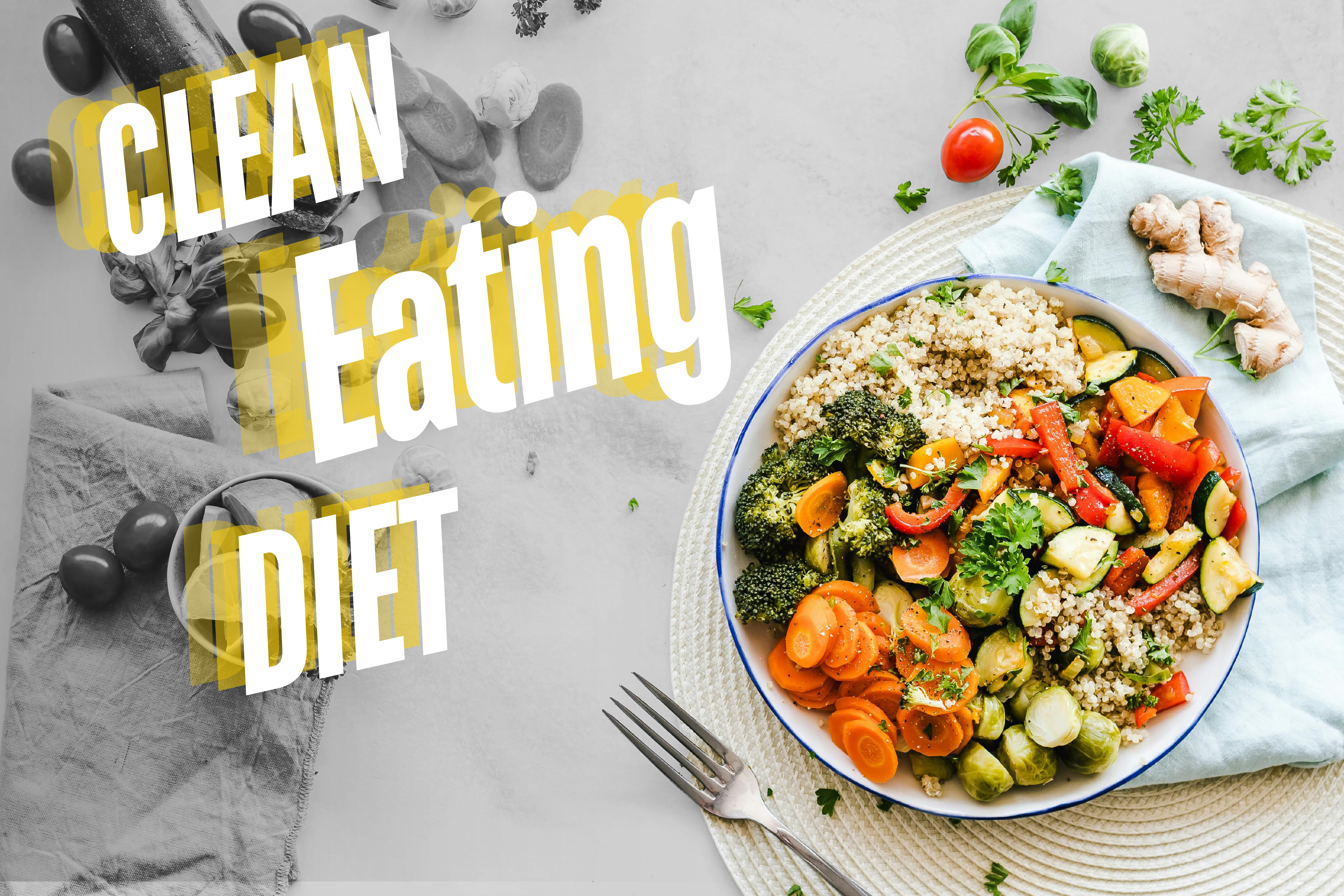Why Should Or Shouldn’t You Adopt The Clean Eating Diet?
Introduction:
If you are on the journey of fitness and searching for a diet plan, then there is a high possibility that you have heard the name of a clean eating diet. This topic has become a trending subject in the fitness and wellness world. There is some controversy surrounding this clean-eating diet; some health experts argue against this diet, while some do not. In this article, I discuss all the pros and cons of this diet so that you can have better knowledge and decide whether you should adopt this diet plan.
So, What does a cleaning-eating diet mean?
Eating clean means choosing and taking foods that are in their natural form and also wholesome. It means these foods are free from any type of additional ingredients, preservatives, or refined ingredients, and the food must be in most of its natural form. This diet focuses on raw and unprocessed food.
Health experts and doctors around the globe recently recommended this diet to their patients and clients because it helps speed up the healing process.
What do studies say about a clean eating diet?
A few surveys were done on this diet, and more than 70% found that clean eating is healthy. However, some research and surveys have identified that it can cause disordered eating patterns.
This diet is more favorable to U.S.-based students even though it can cause emotional distress.
However, most of the surveys had positive results about this diet system.
What are the benefits of Clean eating?
Decrease Inflammation. If you start a clean-eating diet, your chances of injury, infection, or irritation will decrease in the short term.
When you start a clean-eating diet, you enhance your chance of getting more nutrition. If you eat processed food, you can get nutrition also, but at a lower level. When you eat fresh food, you consume more vitamins, minerals, and other essential nutrients.
It helps you manage your weight and gives you better weight loss results if you aim to lose weight.
Raw foods are easier to digest than processed foods, so this diet helps improve digestive health overall.
It helps reduce the chance of chronic diseases.
What are the risks of clean eating?
there is a possibility that you have nutrition deficiencies, and for this reason, you lead to mental distress. When you stick with this diet, you face excessive food restrictions.
You can lead to social isolation if you follow a strict, clean-eating diet. You usually can not go with your friends or relatives to social gatherings or any function to eat because you cannot find suitable food options for your diet there.
When you are strict with your clean eating diet plan, there is a chance that you fall into disordered eating patterns, which means if somehow you deviate from your diet, you feel very guilty about yourself. You follow restrictive eating habits, and you are over-obsessed with counting calories, which is not suitable for your mental health.
Bearing yourself to certain groups of natural food will lead to a nutrition imbalance.
This diet is expensive and not for all. If you have financial problems or limited resources, then maintaining this diet is not possible for you because the foods are going to be very expensive.
Who are the best suited for this diet?
This clean-eating diet is not for all. If you do not like processed foods, you can follow it. If you have a specific health condition, you can follow this diet plan. If you want a plant-based diet, then this is best for you. However, remember that this clean diet is not fully plant-based. You can make it your own. You can have good fat, lean meat and dairy products in your diet. The main idea of this diet is to eat as much fresh and unprocessed as possible.
These are some items of foods in a clean diet:
Fruits: You can add different types of food you want.
Vegetables: You can add different kinds of vegetables that you like.
Seeds: You can add hemp seeds, pumpkin seeds, sunflower seeds, chia seeds etc
Nuts: almonds, cashews, pecans, pistachios, and walnuts are the standard nuts you can add to your diet.
Protein: eggs, chicken, plain nut butter, and dried beans you can add to your diet.
Dairy products: Cheese, milk, plain yogurt, unsweetened nondairy kinds of milk etc.
Conclusion :
Clean eating means eating more natural, fresh, and unprocessed food. This is the main principle of this diet. As it fully depends on natural and unprocessed food, it can be costly. This diet mainly focuses on food quality, not quantity. It has many good effects on your body and also some negatives. If you like to avoid unprocessed food instead of eating more natural and whole foods, then this diet is for you.

